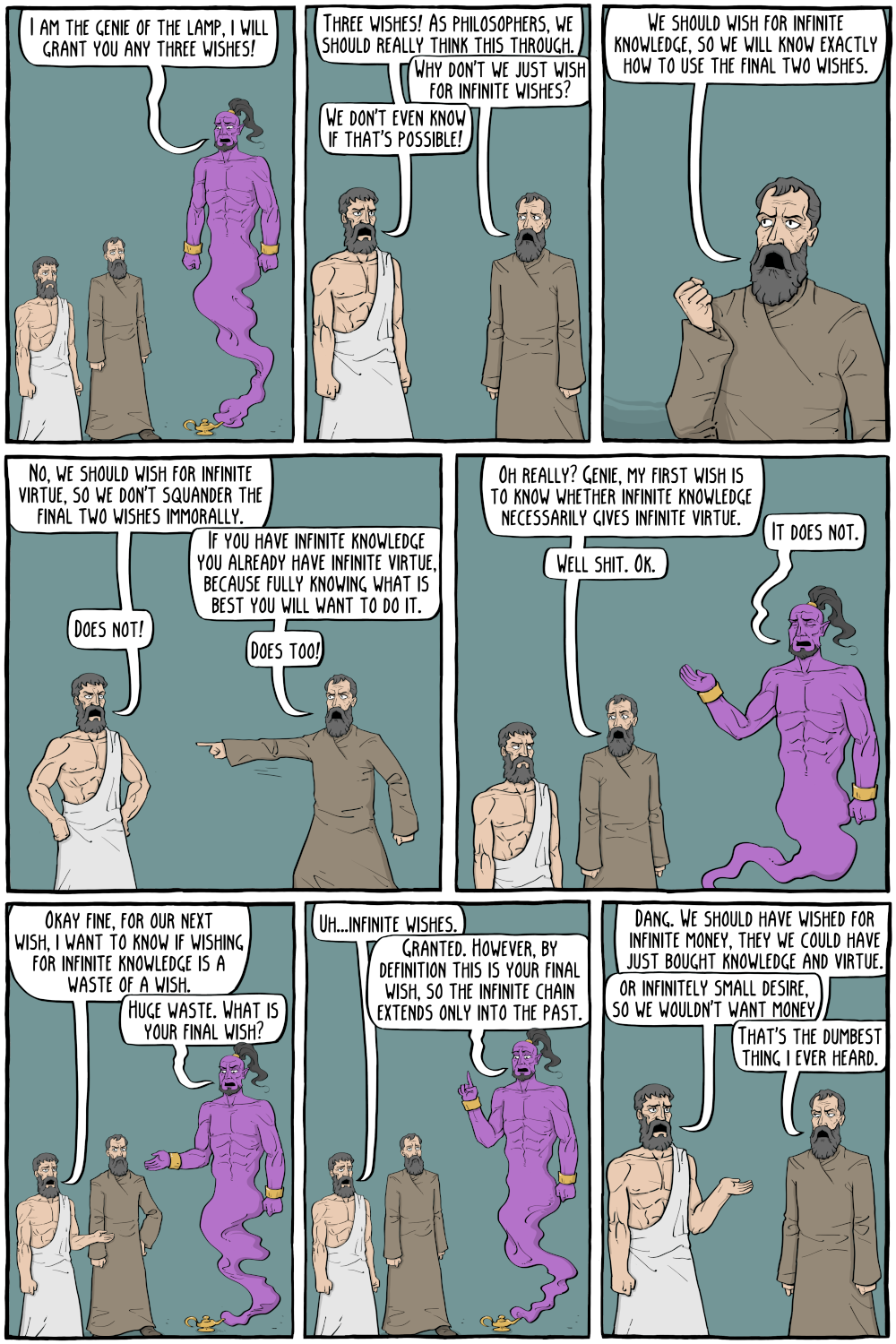

Razer will have to fork over $1.1 million in refunds to customers who purchased its RGB-clad Zephyr face mask, according to a proposed settlement announced by the Federal Trade Commission on Monday. The company claimed the face mask used N95-grade filters, but the FTC alleges Razer never submitted them for testing and only “stopped the false advertising following negative press coverage and consumer outrage at the deceptive claims.”
Razer first released its Zephyr face mask in 2021 as a nifty, cyberpunk-esque alternative to traditional face masks worn during the covid-19 pandemic. Although Razer initially marketed the $100 mask as having N95-grade filters, it scrubbed any mention of the grade after YouTuber Naomi Wu tore down the mask...
The European Commission said it will apply its flagship market fairness and contestability rules to Apple's iPadOS.
© 2024 TechCrunch. All rights reserved. For personal use only.
Russia has replaced Wikipedia with a state-sponsored encyclopedia that is a clone of the original Russian Wikipedia but which conveniently has been edited to omit things that could cast the Russian government in poor light. Real Russian Wikipedia editors used to refer to the real Wikipedia as Ruwiki; the new one is called Ruviki, has “ruwiki” in its url, and has copied all Russian-language Wikipedia articles and strictly edited them to comply with Russian laws.
The new articles exclude mentions of “foreign agents,” the Russian government’s designation for any person or entity which expresses opinions about the government and is supported, financially or otherwise, by an outside nation. Prominent “foreign agents” have included a foundation created by Alexei Navalny, a famed Russian opposition leader who died in prison in February, and Memorial, an organization dedicated to preserving the memory of Soviet terror victims, which was liquidated in 2022. The news was first reported by Novaya Gazeta, an independent Russian news outlet that relocated to Latvia after Russia invaded Ukraine in 2022. It was also picked up by Signpost, a publication that follows Wikimedia goings-on.
Both Ruviki articles about these agents include disclaimers about their status as foreign agents. Navalny’s article states he is a “video blogger” known for “involvement in extremist activity or terrorism.” It is worth mentioning that his wife, Yulia Navalnaya, firmly believes he was killed.
Wikimedia RU, the Russian-language chapter of the non-profit that runs Wikipedia, was forced to shut down in late 2023 amid political pressure due to the Ukraine war. Vladimir Medeyko, the former head of the chapter who now runs Ruviki, told Novaya Gazeta Europe in July that he believed Wikipedia had problems with “reliability and neutrality.”
Medeyko first announced the project to copy and censor the 1.9 million Russian-language Wikipedia articles in June. The goal, he said at the time, was to edit them so that the information would be “trustworthy” as a source for all Russian users. Independent outlet Bumaga reported in August that around 110 articles about the war in Ukraine were missing in full, while others were severely edited.
The article “Russian Invasion of Ukraine,” for example, became “Military Actions in Ukraine (in 2022).” The Wikipedia article begins by outlining the timeline of the invasion, and states that it was met with “international condemnation.” The Ruviki article, in contrast, begins by stating that the war was undertaken to “ensure the security of Russia” and “demilitarize Ukraine,” and quotes Russian president Vladimir Putin in the third sentence.
Medeyko has been a controversial figure in Wikimedia circles for years. On the Wikimedia-l listserv, which is about international Wikimedia governance, he was accused by Yaroslav Blanter, a Russian physicist and member of Wikipedia’s dispute arbitration committee, of using Russian Wikipedia mainly—“or even exclusive[ly]”—to raise money for himself.
“The Russian Wikipedia community, which knew that Mr. Medeyko supported the Russian invasion of Ukraine, and which was critical against his activity on advocacy for his paid editor friends, was pissed off,” Blanter wrote in 2023. “Vladimir Medeyko, who has been the president of Wikimedia.ru, the Russian chapter of Wikimedia Foundation, since its foundation in the 2000s, announced yesterday that he is starting a Russian Wikipedia fork. The media on the payroll of the Russian government, which for a long time were saying that Wikipedia is an anti-government and anti-Russian project and must be blocked in Russia, supported the initiative, commenting that this is exactly the start of a pro-government encyclopedia which would replace the Russian Wikipedia.”
Ruviki also excludes articles about reports of torture in prisons and scandals of Russian government representatives. The Ruviki article on Russian journalist Anna Politkovskaya, who was known for her war reporting in Chechnya and murdered in 2006, is strikingly shorter than its Wikipedia counterpart. It includes one mention of her 2004 interview with then-Chechnyan prime minister Ramzan Kadyrov, who the Wikipedia article states then threatened to shoot her.
Graphic designer Constantine Konovalov calculated the number of characters changed between Wikipedia RU and Ruviki articles on the same topics, and found that there were 205,000 changes in articles about freedom of speech; 158,000 changes in articles about human rights; 96,000 changes in articles about political prisoners; and 71,000 changes in articles about censorship in Russia. He wrote in a post on X that the censorship was “straight out of a 1984 novel.”
Interestingly, the Ruviki article about George Orwell’s 1984 entirely omits the Ministry of Truth, which is the novel’s main propaganda outlet concerned with governing “truth” in the country.


This year marks the 50th anniversary of the original edition of Dungeons & Dragons (D&D), the granddaddy of tabletop role-playing games and one of the urtexts of nerd culture.
The golden anniversary could hardly have come at a better time; over the past decade, the game has undergone an unexpected renaissance, reaching levels of cultural saturation and sales that exceed even its 1980s heyday. Critical Role, a live-play D&D podcast, sold out London's 12,000-seat Wembley Arena last October. Even a passingly good Dungeons & Dragons movie helped mark the game's half-centennial.
If it seems strange that something as anachronistic and exquisitely dorky as D&D is popular again, consider that those qualities may be exactly why people are drawn to it. The Atlantic recently reported that Americans are suffering a "kind of ritual recession, with fewer community-based routines" and face-to-face meetups. It's perhaps not surprising that D&D has become a redoubt for old-fashioned, goofy fun in our digital age.
But there's another reason D&D has weathered 50 years of critical successes and failures: It radically empowered its fans to create their own adventures and games, keeping the tabletop gaming hobby alive even when its flagship was floundering. The 50-year history of D&D is an entrepreneurial success story, yes, but it's also a story of the advantages of an open-source, loose approach to intellectual property, and the disadvantages of being miserly with it.
When Gary Gygax, a Wisconsin war-gaming enthusiast, published the first edition of D&D in 1974, he was unemployed and cobbling shoes in his basement for spare cash. He had to recruit business partners and form their own company, TSR, to publish the game, because every major board game company passed on it.
In fairness to the suits who turned down a golden goose, D&D would have sounded incomprehensible on paper in 1974. You played fantasy characters, who worked together? Where is the game board you play on? No one wins? Wait, what's this about a "dungeon master"?
But the genius of D&D is better demonstrated than explained, and that's how the game spread—from friend group to friend group, slowly at first and then faster as the number of Johnny Appleseeds lugging their Dungeon Master's Guides around grew exponentially. It turned out that when you sat people down, told them they were wizards and knights and what-have-you, and got them rolling dice, they loved it. And they loved it across age groups: children, teens, and adults.
The revolutionary idea of D&D was its "expansive and generous belief in its players' creative potential," as Iwrote in a 2018 Reason feature on the history of the game. It used the combat mechanics of tabletop war games, but as a framework for what was in essence a collaborative fantasy story generated by the players' choices. Dice were used to simulate randomness and risk, so a player had the freedom to, say, pickpocket a nobleman, but they might have to roll well to avoid being caught. Dungeon masters, the neutral referees who lead D&D sessions, had even more freedom. They could create their own campaigns and even whole fantasy worlds.
This encouragement of creativity extended to D&D's business model. In its early days, TSR gave its blessing to unofficial fan magazines and helped distribute unlicensed third-party content from small-press publishers.
Besides mutual advantage, TSR had good reason to not be too stingy with its copyright. The content of D&D was a mishmash of fantasy tropes and races that Gygax himself lifted from classic works in the genre. For example, the earliest versions of D&D used the term "hobbits," until TSR received a strongly worded letter from the company that owned the rights to J.R.R. Tolkien's works. Ever since then, the fantasy worlds of D&D have been populated by "halflings" instead.
Things changed when tabletop role playing became a multimillion-dollar industry in the 1980s. TSR's position toward its intellectual property became increasingly litigious, roughly at the same time as its popularity plateaued and its product quality began declining. Relations between the company and tabletop gamers hit a low point in 1994, when TSR sent cease-and-desist letters to numerous websites hosting harmless D&D fan content, accusing them of infringing on the company's copyright.
When the third edition of D&D was released in 2000, under new ownership by the company Wizards of the Coast, it included a significant olive branch to the hobbyists that TSR had alienated: a "perpetual, worldwide, non-exclusive license" allowing other publishers to use a chunk of the core D&D rules to create new games and material, royalty-free.
The Open Gaming License (OGL), as it became known, was a huge success, spawning classic computer games, reams of D&D material, and new role-playing games like Pathfinder. Today there are Kickstarters raising millions of dollars for third-party supplements to the current Fifth Edition D&D. (I have even self-published a D&D adventure online using the OGL. It sells enough units every year to support my gaming habit.)
So the entire tabletop gaming industry understandably flew into a barbarian rage last year when news leaked that Wizards of the Coast was going to "update" the OGL. The update included voiding the two-decade-old agreement and its guarantee of perpetuity.
Wizards of the Coast is scheduled to release a new edition of D&D later this year, and it was tired of seeing competitors use its secret sauce for free. But this felt like a betrayal to the independent artists, writers, and designers in the industry, who in an open letter compared Wizards of the Coast to a "dragon on top of the hoard, willing to burn the thriving village if only to get a few more gold pieces."
Wizards of the Coast backed down, but the controversy led several of the biggest third-party publishers to announce they were creating their own role-playing games unconnected to D&D. Paizo, publisher of Pathfinder, also created a new system-agnostic license for independent game creators, the Open RPG Creative License (ORC). When the new edition of D&D is released this year, it will have more competition, and game masters will have more freedom to choose which adventures they take their friends on outside the copyright owner's fantasy reservation.
One suspects the late Gygax, who was ousted from TSR in the 1980s and then sued for trying to publish his own games, would only approve.
The post <i>Dungeons & Dragons</i> at 50: You Can't Copyright Fun appeared first on Reason.com.

